Black Gate subscriptions to increase to $39.95 on August 15th
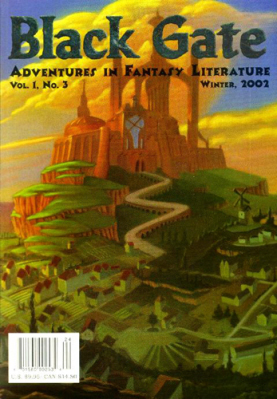 As previously announced, Black Gate subscriptions will increase from $29.95 to $39.95 for four issues, starting August 15.
As previously announced, Black Gate subscriptions will increase from $29.95 to $39.95 for four issues, starting August 15.
Why the increase? Frankly, it’s time to renovate the Black Gate rooftop headquarters, and all that crime-fighting equipment doesn’t come cheap.
Plus, what’s with postage costs? When we started the magazine ten years ago, it cost roughly $1.70 to send the magazine to US destinations, Media Mail. Now that’s risen to $2.77, or almost $12 for four issues, including packaging. When the new crime-fighting supercomputer arrives, first thing on the agenda is ferreting out the crimelords in the US Post Office.
All that means we see about $18 from every $29.95 subscription. With our new larger size and cover price (BG 14 was $15.95), even the old steam-driven computer was able to point out that selling four issues for $18 just wasn’t going to cover all that French mineral water Howard keeps ordering.
The good news is that the magazine has grown substantially in size. We don’t promise that each issue will be as large as BG 14 (384 pages), but future issues will boast an increased page count and be priced at $12.95.
Best of all, until August 15 we’ll honor the old subscription price of $29.95 for four issues. So if you’ve been considering a subscription, now’s the time to take action.
Back issues will also increase to $12.95/copy, but until August 15 any four back issues are available for just $29.95 as part of our Back Issue Sale .
As always, we deeply value your support. And if you’ve got a used portable forensics labs, we’re in the market.
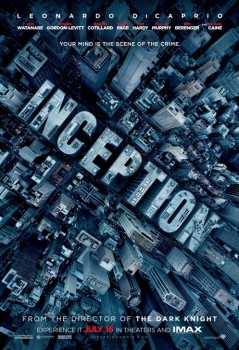 Inception (2010)
Inception (2010)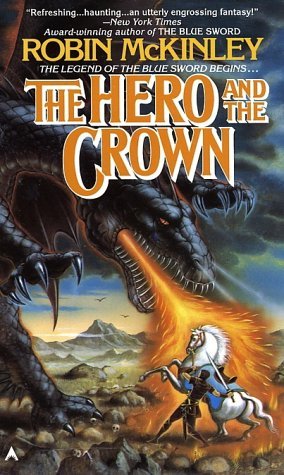 The Hero and the Crown by Robin McKinley
The Hero and the Crown by Robin McKinley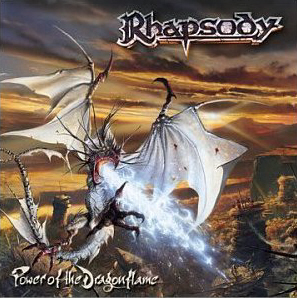 Once upon a time, on a dark winter’s night, a black-clad adventurer came to my apartment to tutor me in the ways of Heavy Metal. Such Metal, that is, as pertained to my favorite genre ever, Fantasy. The long and fraught road leading to this nocturnal excursion can be found
Once upon a time, on a dark winter’s night, a black-clad adventurer came to my apartment to tutor me in the ways of Heavy Metal. Such Metal, that is, as pertained to my favorite genre ever, Fantasy. The long and fraught road leading to this nocturnal excursion can be found 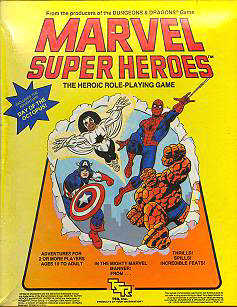 John O’Neill’s editorial in Black Gate 14 touched on gaming, on wargaming and role-playing, and on the way these things shaped the way friends interact. It hit home for me, because I recognised in my life much the same sort of phenomenon John described in his own.
John O’Neill’s editorial in Black Gate 14 touched on gaming, on wargaming and role-playing, and on the way these things shaped the way friends interact. It hit home for me, because I recognised in my life much the same sort of phenomenon John described in his own.
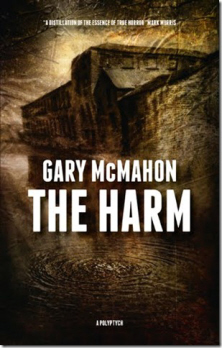 TTA Press
TTA Press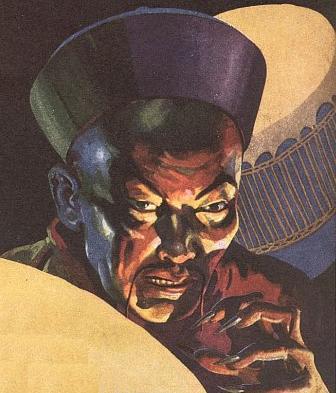
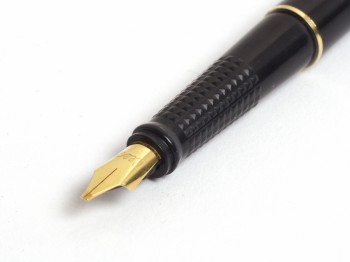 But what about the single most important aspect of the writing process? Yes, I’m talking about butt-in-chair time. How do you get yourself into a good schedule and motivated to write?
But what about the single most important aspect of the writing process? Yes, I’m talking about butt-in-chair time. How do you get yourself into a good schedule and motivated to write?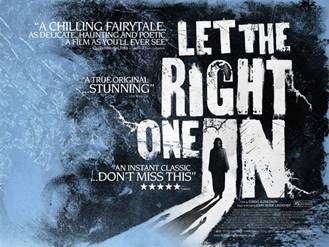 In the name of journalistic integrity, with stomach fortified by a hearty breakfast, I took myself to a Sunday morning matinee of
In the name of journalistic integrity, with stomach fortified by a hearty breakfast, I took myself to a Sunday morning matinee of